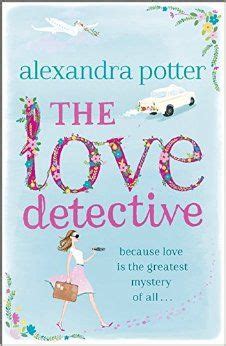A Quote by Barbara Fredrickson
I began studying human emotions more than twenty years ago. At that time, almost every scientist working in this area was studying one of the negative emotions, like fear, anger, anxiety, or depression. I wondered why no scientists cared to explain why we humans sometimes feel upbeat and pleasant. I liked the idea of charting new terrain. It's been a fun intellectual puzzle. There's so much to discover!
Quote Topics
Almost
Anger
Anxiety
Area
Been
Began
Cared
Charting
Depression
Discover
Emotions
Every
Explain
Fear
Feel
Fun
Human
Human Emotions
Humans
Idea
Intellectual
Like
Liked
More
Much
Negative
Negative Emotions
New
Pleasant
Puzzle
Scientist
Scientists
Sometimes
Studying
Terrain
Than
Time
Twenty
Upbeat
Why
Wondered
Working
Years
Years Ago
Related Quotes
There are only two emotions: love and fear. All positive emotions come from love, all negative emotions from fear. From love flows happiness, contentment, peace, and joy. From fear comes anger, hate, anxiety and guilt. It's true that there are only two primary emotions, love and fear. But it's more accurate to say that there is only love or fear, for we cannot feel these two emotions together, at exactly the same time. They're opposites. If we're in fear, we are not in a place of love. When we're in a place of love, we cannot be in a place of fear.
Desire and loss of will tend to hurt the mind, which can lead to fear and compulsion. The result is that we suppress negative emotions, which we've been taught to be shameful of and hide, such as pain, anger, sorrow, and resentment. I take these complex and varied emotions surrounded by obscurity, absurdity, contradiction, and events out of our control such as tragedy, and project them in my work. So I understand that the images can generate fear, confusion, and anxiety in the audience, and if they're difficult to turn away from, it only means that my intention has been communicated.
I can no more explain why I like "natural history" than why I like California canned peaches; nor why I do not care for that enormous brand of natural history which deals with invertebrates any more than why I do not care for brandied peaches. All I can say is that almost as soon as I began to read at all I began to like to read about the natural history of beasts and birds and the more formidable or interesting reptiles and fishes.
For many years I had been deeply identified with thinking and the painful, heavy emotions that had accumulated inside. My thought activity was mostly negative, and my sense of identity was also mostly negative, although I tried hard to prove to myself and to the world that I was good enough by working very hard academically. But even after I had achieved academic success, I was happy for two weeks or three and then the depression and anxiety came back.
Missing someone has to be one of the worst human emotions. All the other feelings like anger and fear and horror get some much more airplay, as if their intensity gives them more value, but whereas those emotions come in violent bursts and are gone again, the gnawing ache of loss has to be simply endured. It's like background noise, it's always there, it never goes away. You just have to try to block it out, distract yourself, hope that tomorrow the hole they left behind has grown a little smaller.

































